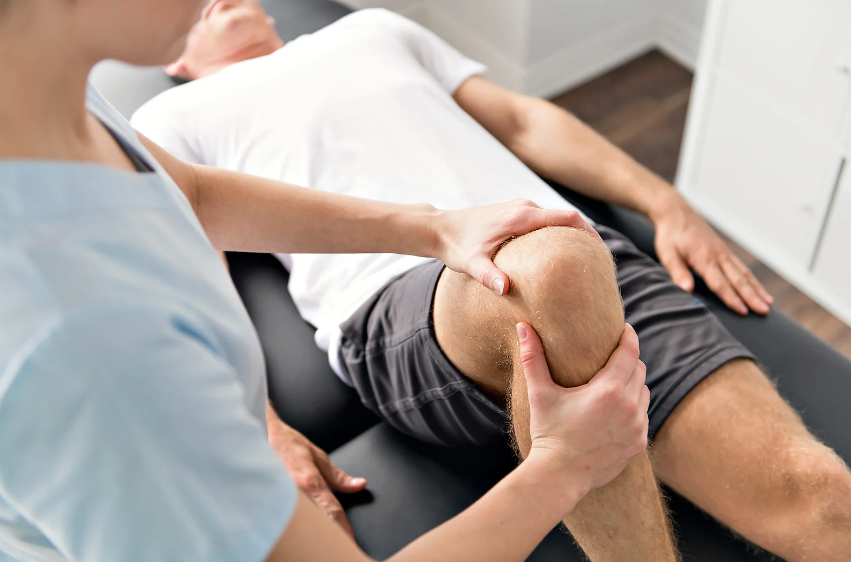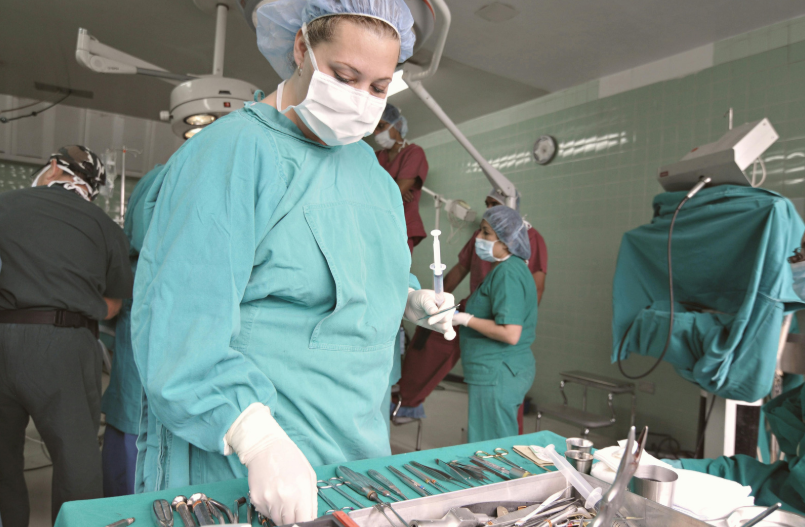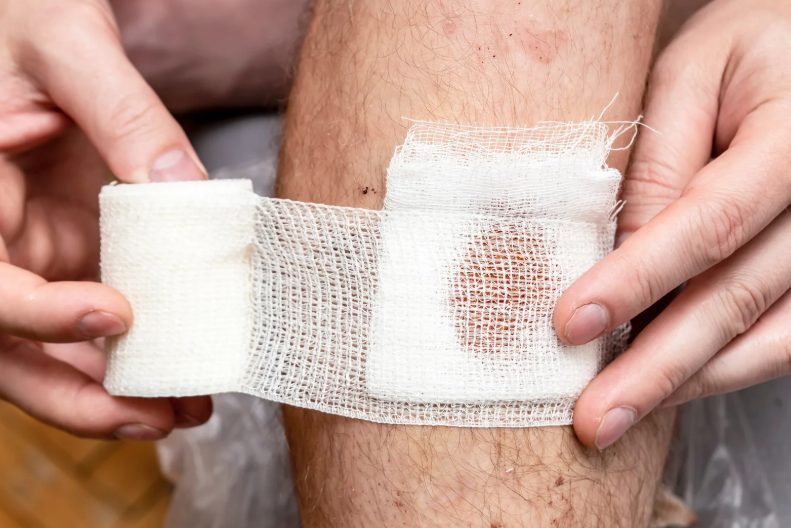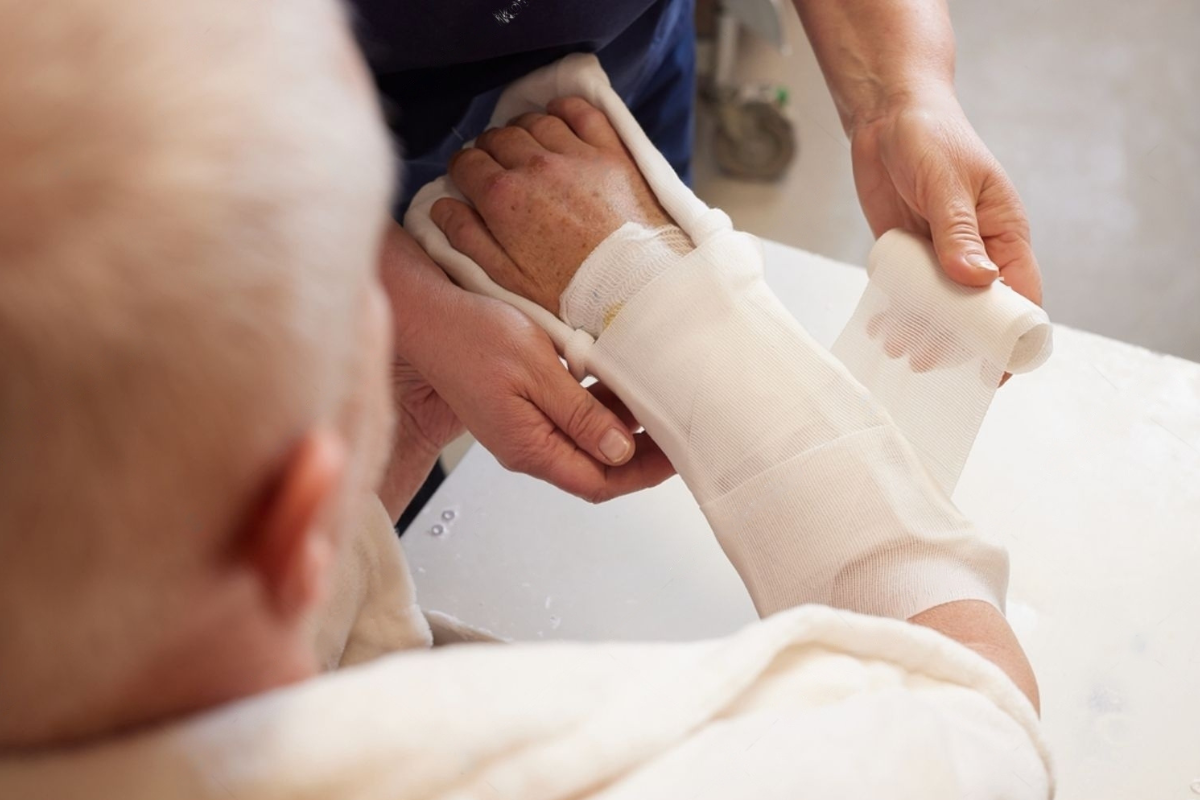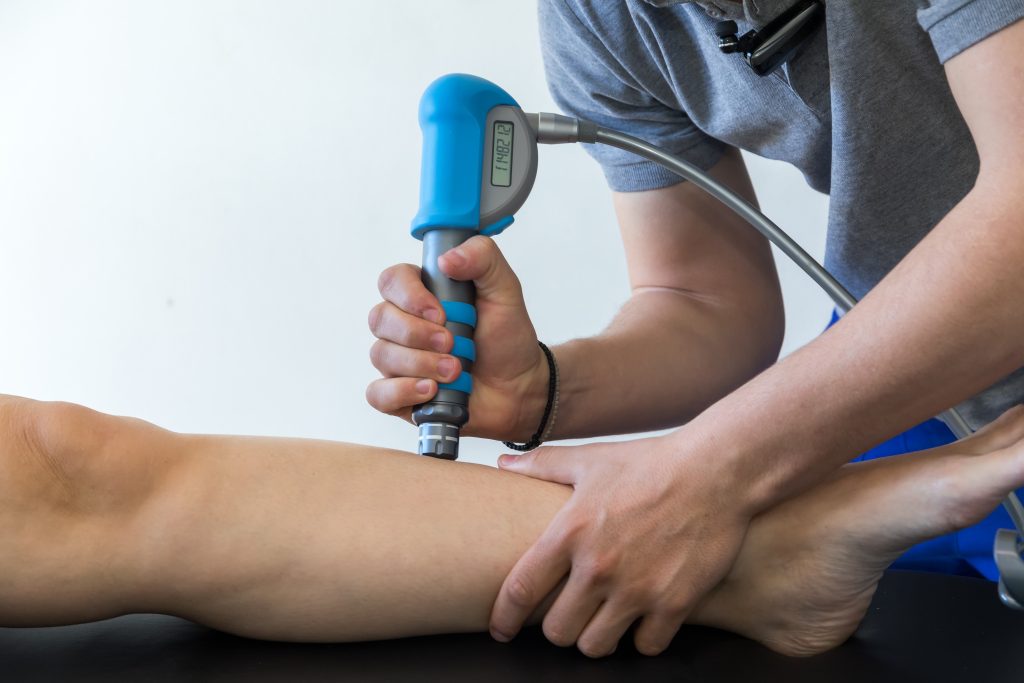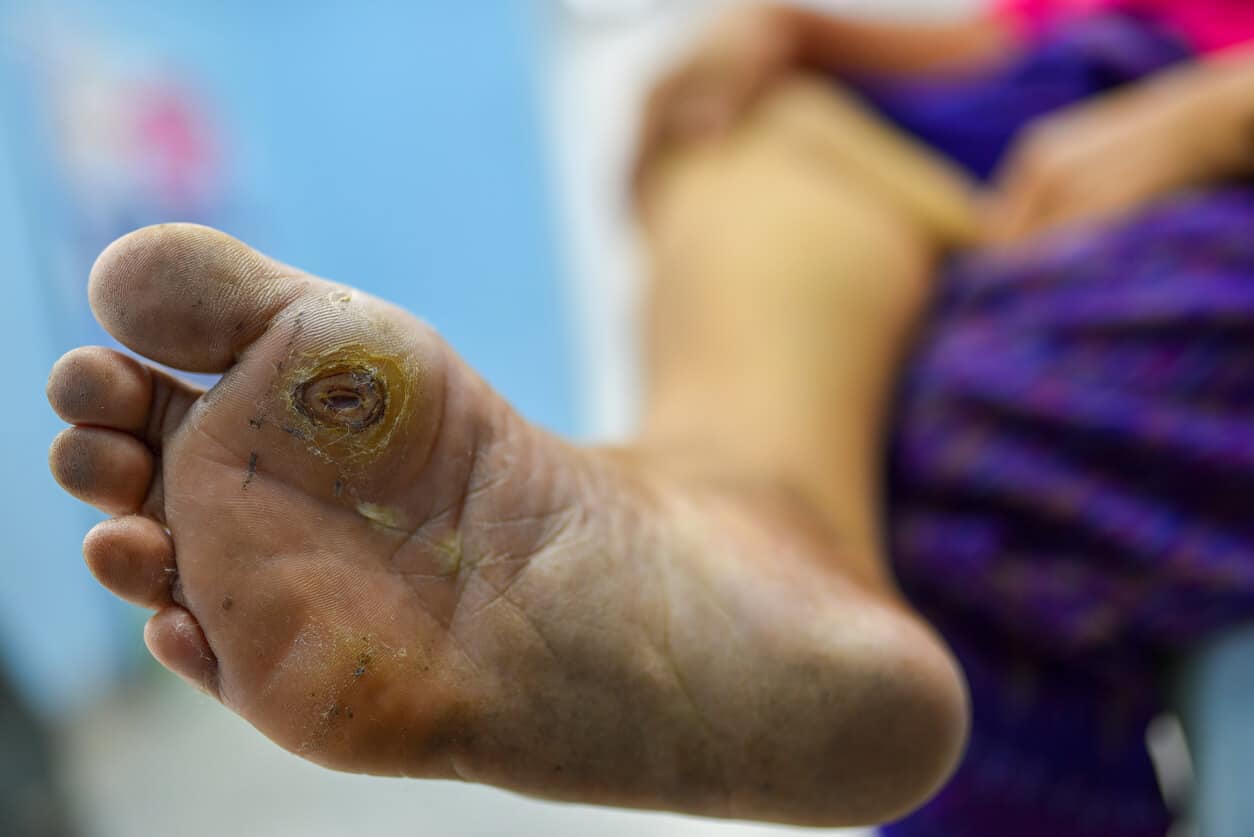Sports injuries are a common occurrence among athletes, whether they are professionals or amateurs. These injuries can range from minor sprains to severe fractures, and their impact on an athlete’s performance can be significant. In this context, the role of orthopedic specialists becomes crucial. These medical professionals are trained to diagnose, treat, and rehabilitate sports injuries, ensuring that athletes can return to their sport safely and effectively.
Understanding Sports Injuries
Common Types of Sports Injuries
Athletes are susceptible to a variety of injuries. Common types include sprains, strains, fractures, and tendon injuries. For instance, soccer players often experience ACL tears, while baseball pitchers may suffer from rotator cuff injuries. Understanding these injuries is essential, and orthopedic specialists are equipped with the knowledge and skills to identify the specific type of injury based on an athlete’s symptoms and activity level.
Causes of Sports Injuries
Sports injuries can stem from various causes, including overuse, improper techniques, inadequate warm-ups, and accidents. Identifying these factors is essential in treating injuries effectively. Orthopedic specialists assess these contributing factors during the diagnosis phase, allowing them to provide tailored treatment plans that address not only the injury but also its root causes.
Signs and Symptoms
Recognising the signs and symptoms of sports injuries is vital for athletes. Common indicators include pain, swelling, instability, and loss of function. When these symptoms arise, consulting orthopedic specialists is advisable to obtain a thorough evaluation and proper diagnosis, preventing further complications.
The Importance of Orthopedic Specialists
What is an Orthopedic Specialist?
Orthopedic specialists are medical professionals focused on diagnosing, treating, and preventing musculoskeletal injuries and disorders. They hold advanced qualifications and are specifically trained to handle sports-related injuries. Their expertise is essential for athletes seeking recovery and rehabilitation from injuries, making orthopedic specialists a vital part of sports medicine.
The Benefits of Seeking an Orthopedic Specialist
The benefits of consulting orthopedic specialists include accurate diagnosis, tailored treatment plans, and access to advanced surgical options when necessary. Moreover, these specialists often collaborate with other healthcare professionals, such as physiotherapists and trainers, ensuring a comprehensive approach to an athlete’s recovery.
Diagnostic Process for Sports Injuries
Initial Consultation
The diagnostic process begins with an initial consultation, where orthopedic specialists take a detailed patient history and conduct a physical examination. This step is crucial in identifying the injury’s nature and determining the appropriate course of action.
Diagnostic Imaging Techniques
To achieve a precise diagnosis, orthopedic specialists may utilise various imaging techniques such as X-rays, MRIs, CT scans, and ultrasounds. These imaging methods help in visualising the extent of the injury, guiding specialists in formulating an effective treatment plan.
Treatment Options Offered by Orthopedic Specialists
Non-Surgical Treatments
Many sports injuries can be managed with non-surgical treatments. Orthopedic specialists often recommend the RICE method (Rest, Ice, Compression, Elevation) to alleviate pain and swelling. Physical therapy is another crucial component, as specialists work closely with therapists to ensure a safe and effective recovery process.
Surgical Interventions
In some cases, surgery becomes necessary, especially for severe injuries like ligament tears or fractures. Orthopedic specialists are skilled in performing various surgical procedures, such as arthroscopy and ligament reconstruction. These interventions are crucial for restoring function and stability to injured joints.
Post-Treatment Care and Rehabilitation
After surgery or non-surgical treatment, follow-up care is essential. Orthopedic specialists play a pivotal role in overseeing rehabilitation programs, ensuring that athletes regain strength and mobility before returning to their sport.
Preventive Measures and Education
Injury Prevention Strategies
Preventing sports injuries is a shared responsibility among athletes, coaches, and orthopedic specialists. Strategies include proper training techniques, regular warm-up exercises, and the use of appropriate protective gear. Education about these measures is crucial for reducing injury risks.
Educating Athletes and Coaches
Orthopedic specialists often conduct workshops or seminars to educate athletes and coaches about injury prevention and management. This proactive approach helps create a safer sporting environment and promotes awareness of the importance of seeking medical attention for injuries.
When to See an Orthopedic Specialist
Recognising the Signs of Serious Injuries
Athletes must be vigilant in recognising the signs of serious injuries, such as persistent pain, swelling, or instability. When these symptoms occur, it’s vital to consult orthopedic specialists promptly to avoid further damage and complications.
Timing for Seeking Care
Early intervention can significantly impact an athlete’s recovery time and overall outcome. Orthopedic specialists emphasise the importance of seeking care at the first sign of an injury to facilitate proper diagnosis and treatment.
Takeaway
The role of orthopedic specialists in treating sports injuries cannot be overstated. Their expertise ensures that athletes receive the best possible care, allowing them to recover and return to their passion. If you experience a sports-related injury, consider scheduling an appointment with an orthopedic specialist to receive the specialized care you need for optimal recovery.

